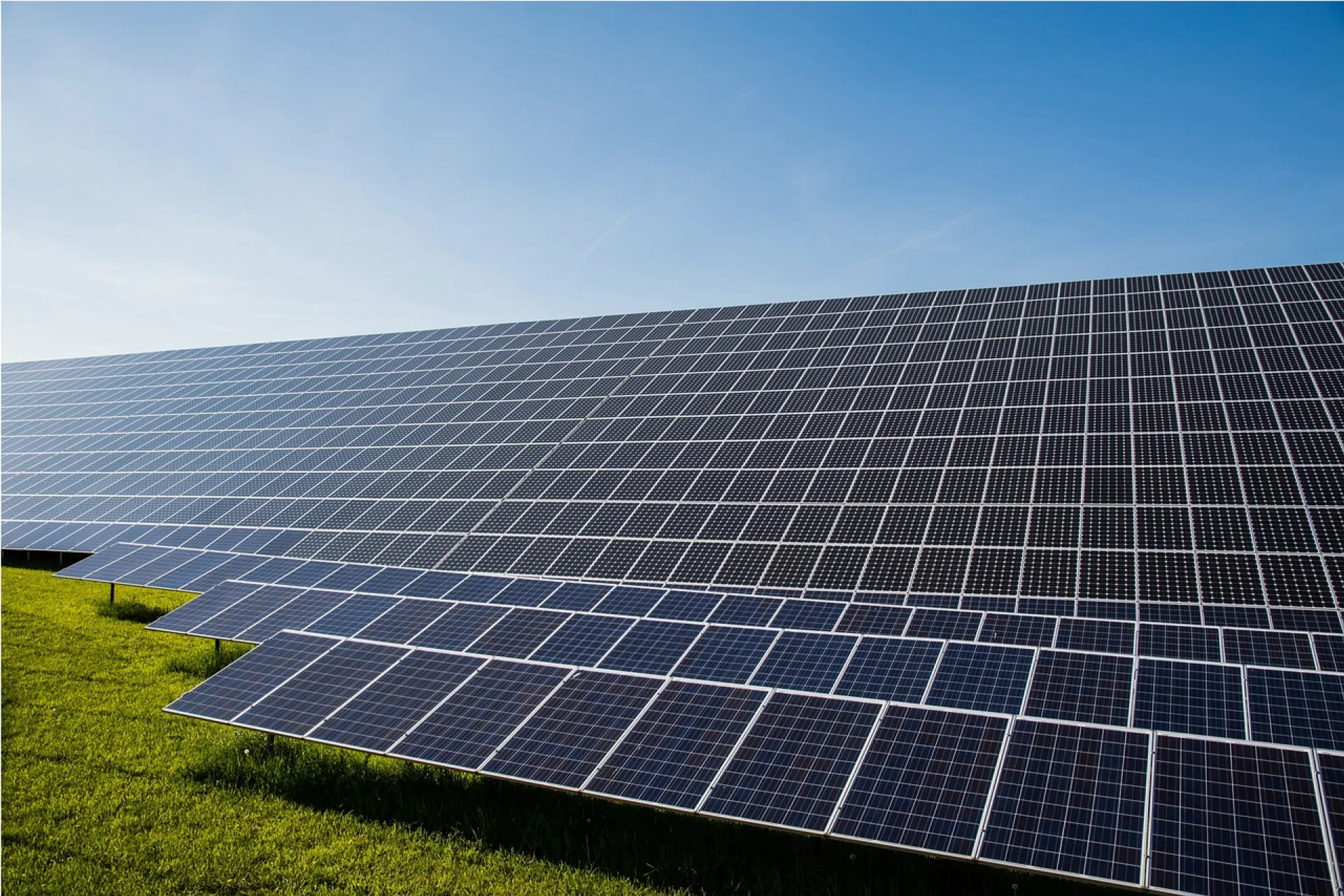Glass tempering furnaces are indispensable in the production of photovoltaic (PV) glass, which forms a critical component of solar panels used in renewable energy generation.
Purpose and Functionality: Glass tempering furnaces are employed to enhance the durability, thermal stability, and mechanical strength of glass substrates used in photovoltaic modules. By subjecting glass panels to controlled heating and rapid cooling, these furnaces induce internal stresses that toughen the glass, making it resilient to thermal cycling and external mechanical forces.
Types of Glass: Photovoltaic glass encompasses various types of glass substrates, including soda-lime glass, borosilicate glass, and specialized low-iron glasses optimized for solar applications. Glass tempering furnaces are versatile enough to handle different glass compositions and thicknesses required by various PV module designs.
Specialized Applications: Tempered glass is a key component in both crystalline silicon and thin-film photovoltaic modules. It serves as the protective cover or front surface of solar panels, safeguarding sensitive photovoltaic cells from environmental factors such as moisture, dust, and impact.
Temperature Control and Uniformity: Glass tempering furnaces feature precise temperature control systems to ensure uniform heating and cooling throughout the glass panels. Consistency in temperature profiles is critical for achieving the desired mechanical properties and minimizing defects in the tempered glass.
Surface Quality and Optical Transmittance: While mechanical strength is paramount, photovoltaic glass must also exhibit high optical transmittance to maximize solar energy absorption by underlying photovoltaic cells. Glass tempering processes are optimized to maintain optical clarity and minimize surface imperfections, thereby enhancing energy conversion efficiency.
Customization and Flexibility: Manufacturers offer customization options to tailor glass tempering furnaces to the specific requirements of photovoltaic glass production. This includes the ability to accommodate large-format glass panels, optimize heating and cooling parameters, and integrate with automated handling systems for high-throughput manufacturing.
Safety and Reliability: Glass tempering processes must adhere to stringent safety standards to ensure the integrity and reliability of photovoltaic glass products over their operational lifespan. Tempered glass undergoes rigorous testing for mechanical strength, impact resistance, and weatherability to withstand harsh outdoor conditions.
Integration with Production Lines: Glass tempering furnaces are typically integrated into automated production lines for photovoltaic module manufacturing. Seamless integration facilitates continuous processing of glass panels, from cutting and edge grinding to tempering and subsequent assembly into finished solar modules.
Energy Efficiency and Sustainability: Manufacturers strive to enhance the energy efficiency and sustainability of glass tempering processes by implementing measures such as heat recovery systems, optimized process controls, and eco-friendly refractory materials. These initiatives help reduce energy consumption and minimize environmental impact.




